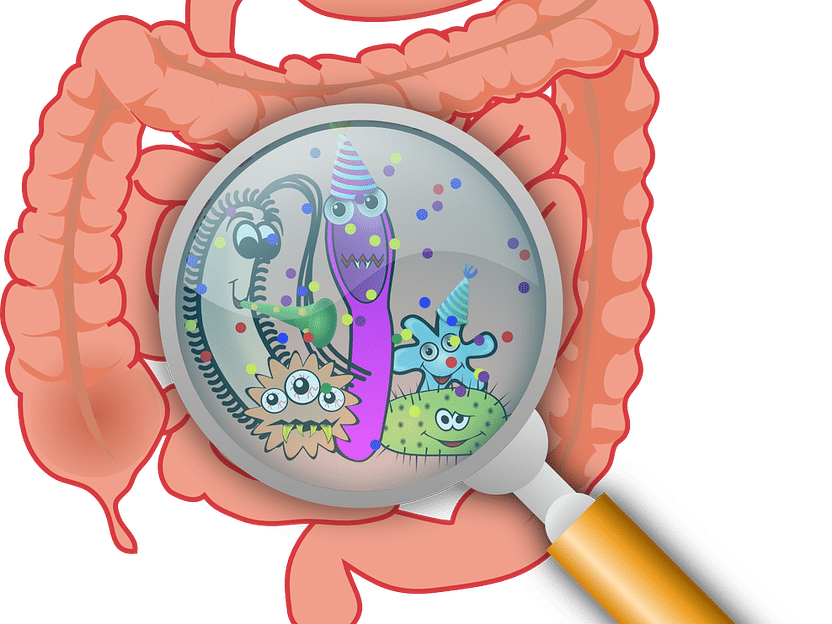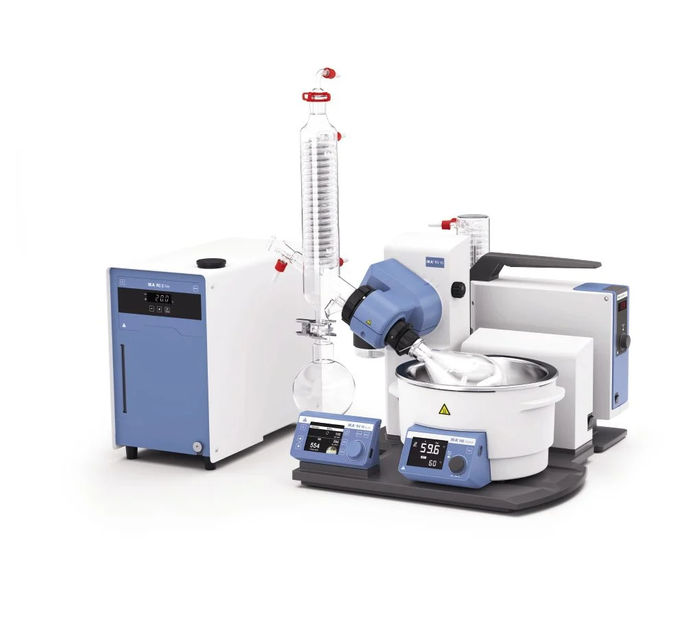Genetics and intestinal microbiome determine susceptibility to multiple sclerosis
Study shows the link between genetics, intestinal microbiome and multiple sclerosis in mice for the first time
Advertisement
multiple sclerosis (MS) is an autoimmune disease of the nervous system which affects more than two million people worldwide. In the course of the disease, the immune system attacks the insulation layer of nerve cells, and centers of inflammation develop in the brain and spinal cord, which over time can lead to serious neurological symptoms. The exact causes of MS have not yet been determined. In addition to genetic predisposition, viral infections and also environmental influences such as nutrition are thought to be responsible for MS. There is increasing evidence that the microbiome of the intestine, i.e. all of the microorganisms living in the gut, plays a role in many autoimmune diseases and could also be a cause of MS. A German-American research team involving Professor Hauke Busch and Dr. Axel Künstner from the Lübeck Institute of Experimental Dermatology (LIED) at the University Medical Center Schleswig-Holstein (UKSH), Campus Lübeck, and the University of Lübeck (UzL), both members of the Cluster of Excellence "Precision Medicine in Chronic Inflammation" (PMI), has now succeeded in demonstrating a relationship between the microbiome, genetics and multiple sclerosis in mice for the first time. The team led by Dr. Dimitry Krementsov from the University of Vermont recently published the results online in the renowned scientific journal Proceedings of the National Academy of Sciences (PNAS).

Symbolic image
OpenClipart-Vectors, pixabay.com
In their study, the researchers were able to show that mice have a different susceptibility to MS depending on their genetic characteristics, which is also influenced by the intestinal microbiome and the metabolism of the intestinal bacteria. To do so, they examined mice which are particularly affected by MS due to a genetic predisposition, and compared them with mice which are affected by MS to a lesser extent or not at all due to their genetic predisposition. In the microbiome with severe MS, the researchers found an increased presence of the bacterial species Lactobacillus reuteri.
"We then wanted to find out whether these bacteria are only present as a result of the genetic characteristics, or whether they themselves have an impact on the susceptibility to MS," said Prof. Busch, board member of the Cluster of Excellence PMI and head of the "Systems Biology of Inflammatory Diseases" working group at LIED. To investigate this, the researchers transferred samples of the intestinal microbiome, i.e. bacterial mixtures which were enriched with Lactobacillus reuteri, as well as samples without this enrichment, into mice without their own intestinal microbiome. The microbiome enriched with Lactobacillus reuteri indeed led to increased severity of MS in these mice. "We could thus demonstrate that the intestinal bacteria themselves also have an influence on the severity of the disease," said Busch.
"Due to its positive influence on digestion, Lactobacillus reuteri is often used as a probiotic. In our study, precisely this bacterium is surprisingly the "bad guy". This shows the important role that nutrition, which ultimately also influences the microbiome, could play in the prevention and treatment of MS," said the lead bioinformatics scientist of the study, Dr. Axel Künstner, scientist in the "Systems Biology of Inflammatory Diseases" working group at LIED and also a member of the Cluster of Excellence PMI. "Our observations make clear how important it is that in addition to genetics, other factors such as the intestinal microbiome and nutrition are also considered regarding the origin and progression of complex diseases such as MS," added Künstner.
























































